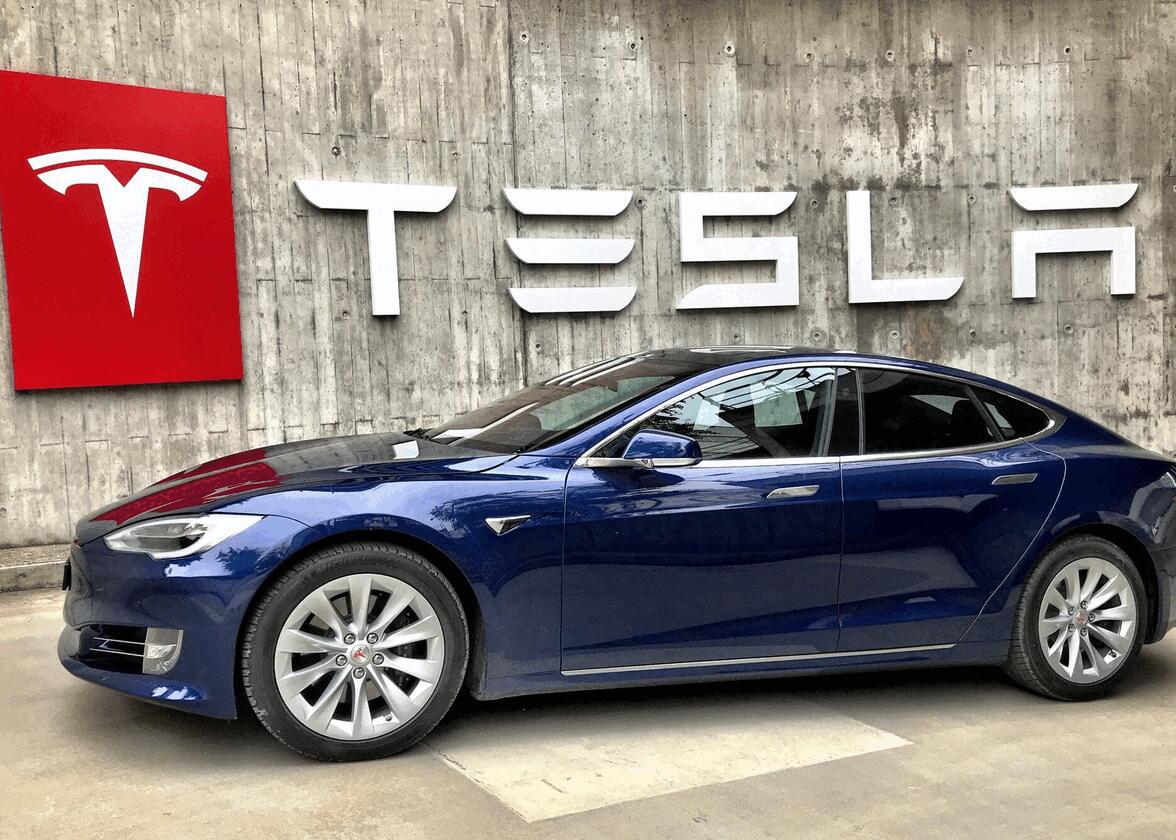Elon Musk's leadership at Tesla has been marked by ambitious goals and significant achievements, but also by notable missteps that have impacted the company’s performance, reputation, and stock value. Below is a detailed examination of some of the top mistakes Musk has made with Tesla, with a focus on recent years (2020–2025), based on available information and critical analysis. These mistakes span strategic decisions, public statements, and operational challenges, often compounded by Musk’s polarizing persona and management style.
- Safety and Legal Risks: The National Highway Traffic Safety Administration (NHTSA) and Department of Justice are investigating Tesla’s FSD and Autopilot systems for ties to accidents, particularly in low-visibility conditions. A 2023 recall of over 2 million vehicles exposed flaws in Tesla’s “self-driving” claims, which rely on human drivers remaining vigilant—a task humans are notoriously poor at.
- Eroded Trust: Musk’s unfulfilled promises have frustrated investors and customers, with some accusing him of misleading marketing. A 2024 post on X claimed Musk “materially lied” to shareholders about FSD’s capabilities, contributing to a perception of fraud.
- Competitive Disadvantage: Tesla’s reliance on a camera-only system, eschewing LiDAR (unlike competitors like Waymo), has been criticized as a cost-cutting measure that compromises depth perception and safety. This decision, rooted in Musk’s belief that cameras mimic human vision, has been called “delusional” by some critics.
- Sales Decline: Tesla reported a 13% sales drop in Q1 2025, the weakest performance in nearly three years, and a 49% drop in new vehicle registrations in the EU in January–February 2025. In Germany, sales plummeted 62%. Analysts attribute this partly to backlash against Musk’s political stance, which has tarnished Tesla’s brand as a progressive, environmentally friendly company.
- Investor Concerns: Tesla’s stock fell 4% in April 2025 amid Musk’s political activities, with investors like Ross Gerber (owning over 250,000 shares) calling for Musk’s removal as CEO due to brand erosion. Posts on X echo this sentiment, with some declaring “Tesla is dead as a consumer automotive company” due to Musk’s alignment with Trump.
- Market Share Loss: Tesla’s EU market share dropped from 18.4% in 2024 to 7.7% in 2025, as competitors like BYD capitalized on Musk’s missteps with advanced, competitively priced EVs.
- 2018 “Funding Secured” Tweet: Musk tweeted that he had secured funding to take Tesla private at $420 per share, causing a 13% stock price surge. The claim was false, leading to a $20 million SEC fine for Musk and Tesla each, and Musk stepping down as chairman for three years.
- Safety and Performance Claims: In 2018, the NHTSA issued a cease-and-desist letter over Musk’s “misleading statements” about the Model 3’s safety. In 2020, the EPA refuted Musk’s claim that it erred in testing the Model S’s mileage.
- Bitcoin Investment Timing: Tesla’s $1.5 billion Bitcoin investment in 2021 coincided with negative news about quality control in China and delays at Giga Berlin, suggesting it was a distraction tactic. Tesla later reversed its decision to accept Bitcoin payments, citing environmental concerns, which critics called hypocritical given Bitcoin’s energy-intensive mining.
- Financial Costs: The SEC fines and legal battles drained Tesla’s resources and damaged investor confidence. The 2018 tweet alone caused significant stock volatility.
- Reputation Damage: Musk’s pattern of overhyping capabilities has led to accusations of fraud and deceptive marketing, undermining Tesla’s credibility.
- Customer Trust: Unfulfilled promises, such as Musk’s 2019 claim that Tesla would produce 1,000 solar roofs weekly (with fewer than 100 installed) and cancellations of solar roof orders in 2020, frustrated customers who placed deposits.
- Excessive Automation: In 2018, Musk admitted that “excessive automation” for the Model 3 was a mistake, forcing Tesla to build cars in a tent using manual labor. This contributed to production bottlenecks and cost overruns.
- Model X and Cybertruck Delays: The Model X faced 18-month delivery delays due to overcomplex design (e.g., falcon-wing doors). The Cybertruck, launched in 2023, was recalled in 2024 for accelerator pedal issues, further damaging Tesla’s reputation for quality.
- SolarCity Acquisition: Musk’s 2016 acquisition of SolarCity for $2.6 billion was criticized as a bailout for his cousins’ struggling company. The solar roof project failed to scale, costing an estimated $800 million.
- Financial Strain: The SolarCity acquisition and production delays strained Tesla’s finances, with Musk personally funding the company during the 2008 crisis and nearly going bankrupt.
- Quality Issues: Reports of sudden unintended acceleration, brake failures, and “whompy wheels” (faulty suspensions) have compounded Tesla’s reputation for poor quality control. A 2024 settlement in California required Tesla to pay $1.5 million for illegal hazardous waste disposal.
- Customer Frustration: Delays and cancellations, such as the 2020 solar roof order cancellations, led to customer backlash and lost deposits.
- Customer Dissatisfaction: A 2016 Reddit post highlighted Tesla’s heavy-handed treatment of customers, such as pressuring them to accept loaner cars or lose discounts, violating Tesla’s no-discount policy.
- Workplace Unrest: Musk’s “mercenary” approach has led to high employee turnover and lawsuits, including a 2024 case for non-payment of rent and a 2023 case alleging unethical business practices.
- Layoffs and Executive Departures: In 2024, Musk announced layoffs of over 10% of Tesla’s workforce, and two key executives left, signaling internal instability.
- Overpromising on FSD and autonomous driving, leading to safety concerns and regulatory scrutiny.
- Engaging in polarizing political activities, causing a 13–49% sales drop and brand damage.
- Making misleading statements, resulting in SEC fines and eroded investor trust.
- Operational missteps like excessive automation, SolarCity losses, and Cybertruck recalls.
- Neglecting customer service and workplace culture, leading to dissatisfaction and instability.


